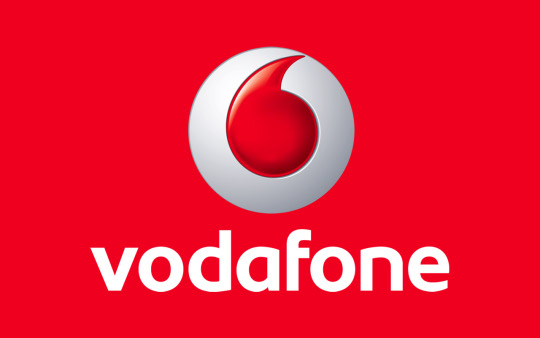Household Bills
Vodafone users warned about phishing scam

Vodafone users have been warned to be on their guard against a new series of convincing scam emails.
The emails look just like genuine emails from the communications giant, and tell the recipient that their bill is ready to be viewed. However, the email claims that the victim’s bill comes to a massive £400 – far above what most people will have to pay, and a figure high enough that it is likely to induce panic.
The idea is that this will trick victims into clicking onto the links contained in the email, potentially downloading malware onto their computer and opening them up to future scams and fraud.
Warnings about the scam were raised in tweets by Get Safe Online, a government-backed site aimed at improving awareness of online scams like this.
Spotting a scam email
While the emails are convincing, there are a number of clues that it is a scam and not really from Vodafone.
The most obvious is the email address of the sender – different examples of this scam have had different email addresses, but none have been from what resembles a genuine Vodafone email address. The generic opening of the email – addressing the recipient as ‘Dear customer’ rather than by their name – is another sign of a potential scam.
Other things to look for in potential phishing scams like these are typos and grammatical errors; scammers are not always native English speakers, and so make some clumsy mistakes which give away that the email is a scam.
If you are ever in any doubt about the veracity of an email, call the company in question. Find the contact details from a genuine piece of correspondence, or from their website; don’t rely on contact details from the potentially phony email.
Remember, banks will never ask you for your account or personal details in an email. If you receive a message asking for details like this, then you know it isn’t above board.
Earlier this week, Equifax revealed scammers attempted to open an incredible 29 different credit products in the name of a single ID fraud victim, with identity theft jumping to record levels this year.